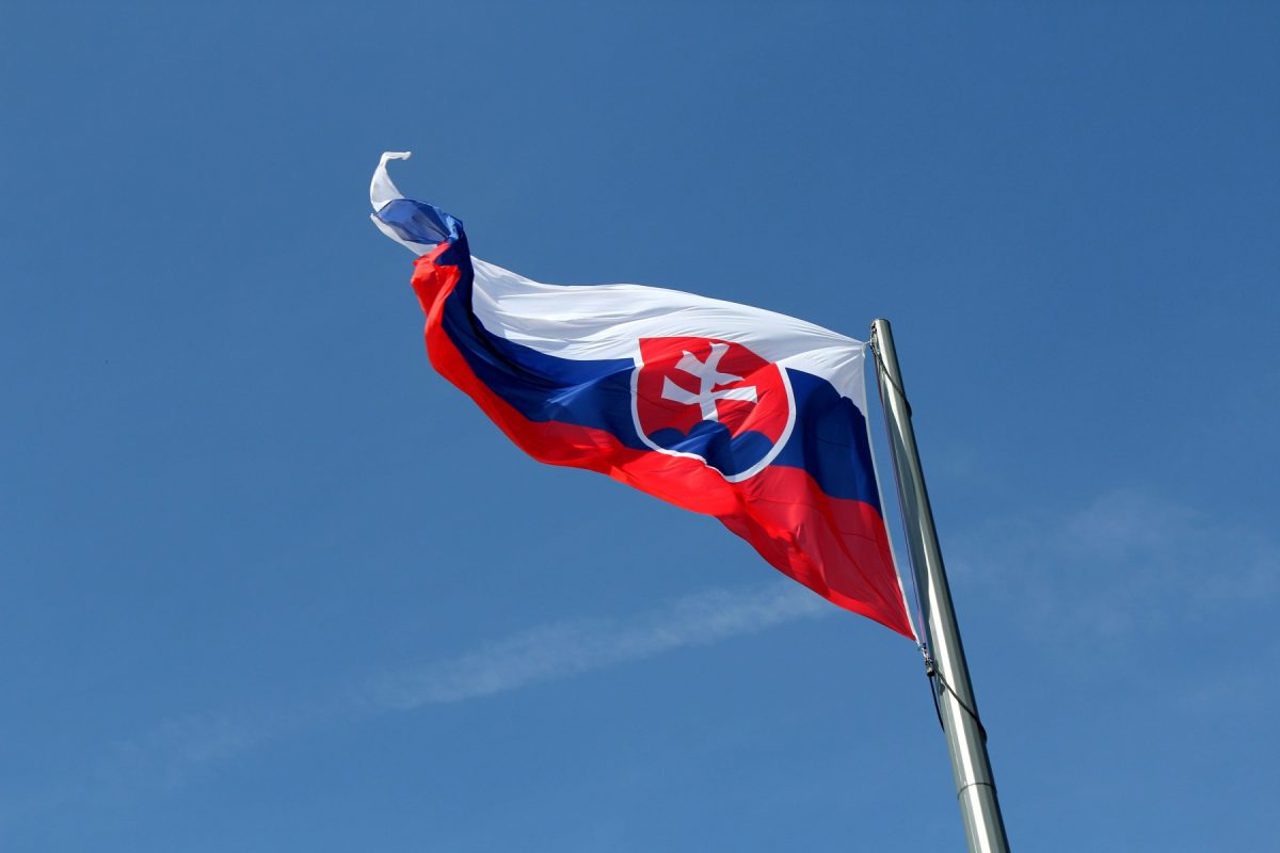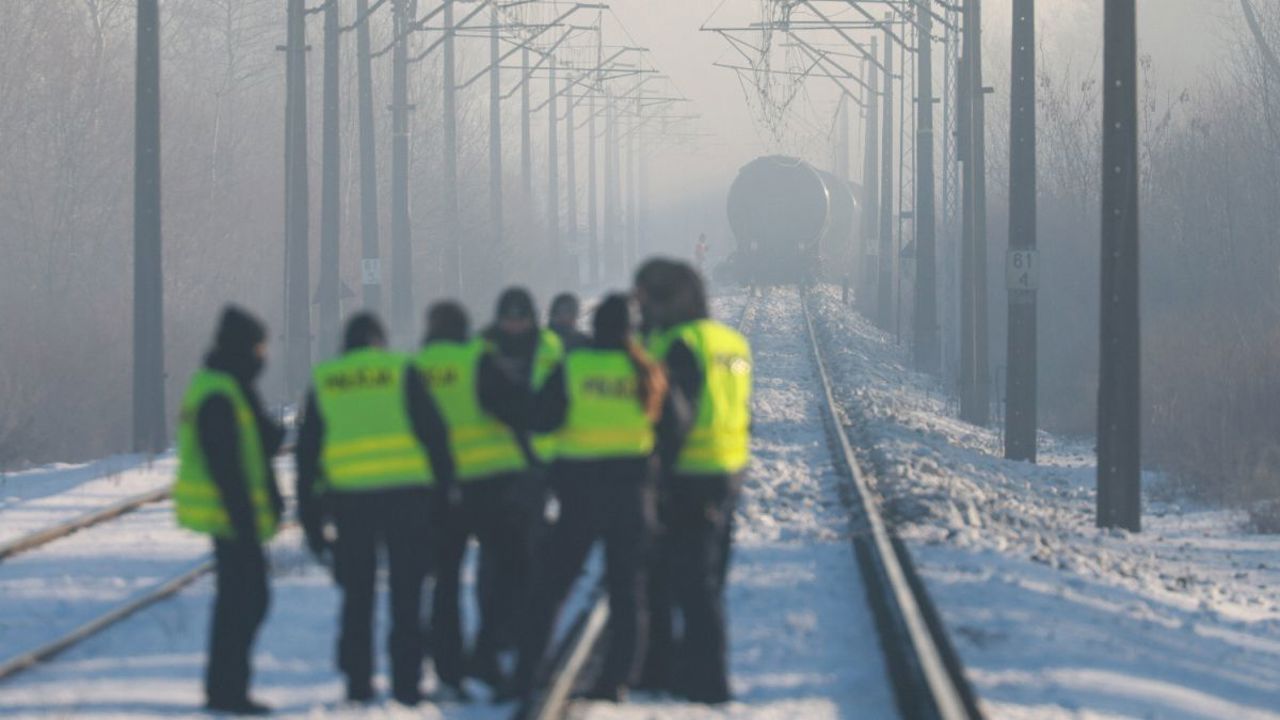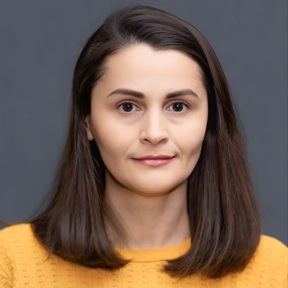Slovakia's Shift: Authoritarian Trends and Fico's Victory
Europe awakened last weekend to the revelation that Slovakia, yet another member state, is increasingly tilting towards an authoritarian trajectory.

With over 53% of the votes, the candidate backed by the pro-Russian Prime Minister Robert Fico clinched victory in the presidential elections, affirming the populace's endorsement of the government's authoritarian inclinations.
To the concern of Brussels, populist and pro-Russian Prime Minister Robert Fico emerged decisively victorious in Slovakia's presidential elections held last Saturday, April 6th. Securing over 53% of the votes, the triumph of the presidential candidate he endorsed, Peter Pellegrini, underscores substantial support from the 5.5 million inhabitants of this small Central European nation for the governmental authoritarian tendencies and its emulation of Hungary's Viktor Orban.
Although largely ceremonial, the presidential position in Slovakia holds significant sway, enabling the incumbent to influence numerous appointments and legislative matters. However, the victor of the polls, Peter Pellegrini, 48, the incumbent Speaker of Parliament, campaigned on a platform of collaboration with the government, diverging from his opponent, the pro-Western diplomat Ivan Korcok, 60, who pledged to 'do everything to preserve the country's freedom and democracy.'
Marking an unprecedented turnout since 1999, the presidential elections confer the legitimacy that Fico had been seeking, particularly in light of the persistent protests by tens of thousands of Slovaks against his judicial reforms.
Having governed thrice previously between 2006 and 2018, Fico returned to the Prime Minister's office only after securing a mere 23% of the vote in the legislative elections held in September, necessitating the formation of a coalition with the far right and Pellegrini's HLAS party.
The leader of the HLAS party, a social-democratic faction that split from Fico's Smer-SD in 2020, Pellegrini has never fully distanced himself from his political mentor. Pellegrini's mentor had replaced him as head of government in 2018 amid widespread protests following the assassination of investigative journalist Jan Kuciak.
Pellegrini maintains that he plays a moderating role within the government coalition, aspiring to serve as a mediator between Bratislava and the European Union and NATO. However, he has yet to oppose various reforms that have elicited criticism from the European Commission. Conspiracy theories and pro-Russian sentiment
Fico, embroiled in several past corruption scandals, has instigated sweeping purges within the judiciary and law enforcement since October, while also endeavouring to assert control over public broadcasting. Concurrently, he has ceased arms donations to Ukraine, a country he labels among 'the most corrupt in the world.'
Slovakia's alignment with its significant eastern neighbour also emerged as a focal point in the presidential campaign. Pellegrini accused his adversary, advocating support for Kiev, of seeking to 'entangle Slovakia in conflict.' Though the president lacks the authority to deploy troops abroad, this rhetoric evidently resonated in a nation marked by a pronounced inclination towards conspiracy theories and pro-Russian sentiments.
Report on far-right votes
In a deeply divided nation like Slovakia, Korcok surprisingly triumphed in the first round of elections on March 23rd, garnering 42.5% of the votes, owing to robust mobilisation among urban voters. However, Pellegrini succeeded in rallying Fico's voter base emphatically for the runoff. Additionally, he benefited from votes transferred from the far right and the Hungarian minority, following directives from Budapest.
Pellegrini is slated to assume the presidency on June 15th. He will succeed the current centrist and pro-European head of state, Zuzana Caputova, who opted not to seek re-election, fatigued by the contentious political atmosphere amidst the Covid-19 pandemic and the conflict in Ukraine. With the departure of the figure he often labelled 'an American agent,' Fico now possesses the latitude to steer Slovakia towards the camp of EU nations aligned with Moscow.
AUTHOR: Dan Alexe
Translation by Iurie Tataru





